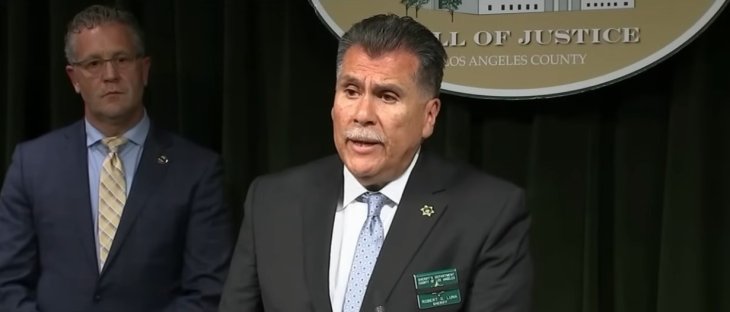
leaders to advocate for changes that would allow telecommunications fees to be used to fund public wireless
internet service.
City Controller Ron Galperin today urged fellow city leaders to press for changes in state and federal laws that would allow revenue from telecommunications fees to be used to fund public wireless internet service and other internet-related amenities.
The fees paid by cable customers can only be used to buy equipment for the city’s public access television channel, but the City Council should think about lobbying state legislators for more flexibility in how the funds can be used, Galperin said.
The money would be better used toward building a public wi-fi system or to pay for internet-based programming, he said.
About $20 million of the $35 million now sitting in the Telecommunications Fund, has been committed to a new downtown station for Channel 35, the city’s public access channel, he said.
But Galperin said the city should create a better game plan for how the fund is used as the telecommunications world moves past traditional models.
“In an age where more and more people get their programming from online sources and creating their own content and broadcasting it online, it doesn’t make sense for us to keep building brick and mortar studios,” he said.
The Telecommunications Fund is made up of revenue from the PEG Capital Fee, which is collected to support educational and government television programming, and a franchise fee that pays for the physical installation of cable lines.
Galperin said that with the “highly restricted uses” of the fees “under current state and federal law,” the city should team up with other cities and with telecommunications companies to push for “more technologically advanced methods to bring government and people together.”
The recommendations were made following Galperin’s audit of the city’s Telecommunications Fund, the findings of which were released today.
The audit also found that the fund contains $15 million that has yet allocated for anything. City officials ought to come up with creative uses for these remaining funds, which could grow to as much as $25 million in a couple of years, Galperin said.





















